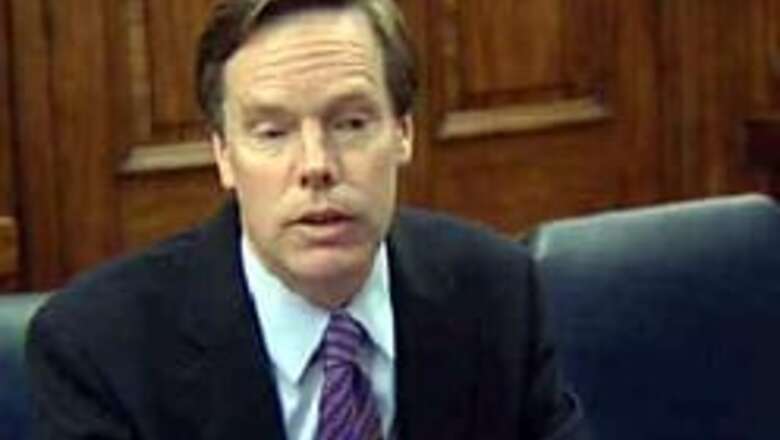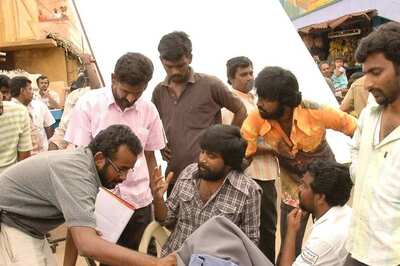
views
Washington: Senior Indian and American officials plan to meet in London next week to try and rescue the imperiled agreement that would give India access to US nuclear energy technology for the first time in three decades.
Undersecretary of State Nicholas Burns, the lead US negotiator, said he and Foreign Secretary Shyam Saran agreed on the talks in a phone call on Tuesday.
"We agreed to meet to go over all aspects of the US-India agreement so we can move this along on both sides. We agreed to meet next week in London," Burns said in remarks at the Carnegie Endowment for International Peace.
He did not specify a day. The nuclear agreement has run into serious trouble in Washington and New Delhi, where critics on both sides complain their side got too little and the other side got too much.
In the United States, Congress must approve the deal, which was first agreed in principle by Prime Minister Manmohan Singh and President George W Bush on July 18 2005.
The leading Democratic supporter, Rep. Tom Lantos of California, last week said the accord lacked the support needed to pass and proposed a compromise intended to keep it alive but which could delay the process.
It was a cold dose of reality since the administration, Burns in particular, has been upbeat about quick passage of the agreement, which would radically alter 30 years of US policy designed to punish India because it developed nuclear weapons in contravention of international norms.
Burns said he would meet Lantos on Wednesday and declined to publicly critique the lawmaker's compromise. Another senior State Department official last week rejected Lantos' proposal and Burns said "we feel we have put our best foot forward," But Burns also seemed to leave the door open to discussion saying he would share with Lantos "our ideas about how this agreement should best be put forward for a vote."
PAGE_BREAK
He said Congress had finished its hearings on the issue and he hoped for a vote, "perhaps this summer."
Lantos last week said there are too few days left on the legislative calendar to resolve disputed issues this year.
Under Lantos' initiative, Congress would welcome both the nuclear deal and vastly improved relations with the world's largest democracy.
But the proposal would delay making critical changes in US law until the two countries negotiated a stalled formal peaceful nuclear cooperation agreement - implementing last July's political deal - and until India agreed on a system of inspections of its civil nuclear facilities by the International Atomic Energy Agency. Washington has given India a draft text of the implementing agreement but there has been no formal reply from New Delhi, according to congressional and expert sources.
The Indians have objected to a provision - standard in such accords - asserting the United States has the legal right to halt nuclear cooperation if India tests a nuclear weapon. India wants assurances the flow of technology, including reactors and fuel, will not be interrupted.
Without saying how the dispute could be settled, Burns said he was confident India would abide by its July 18 commitment to maintain a voluntary testing moratorium.
Many non-proliferation experts and lawmakers have expressed concern about the Indo-US deal, arguing it could allow India to increase its nuclear weapons stockpile. Burns rejected this analysis.
India never signed the nuclear Non-proliferation Treaty, developing weapons in contravention of international norms.


















Comments
0 comment